 Podcasts
Podcasts
It’s conference season! This is a busy, busy time of the year for the entire industry, when everyone comes together from around the world to share, listen and discuss the changes and advancements taking place in the business and science of the pharma and biotech space. During this episode of…
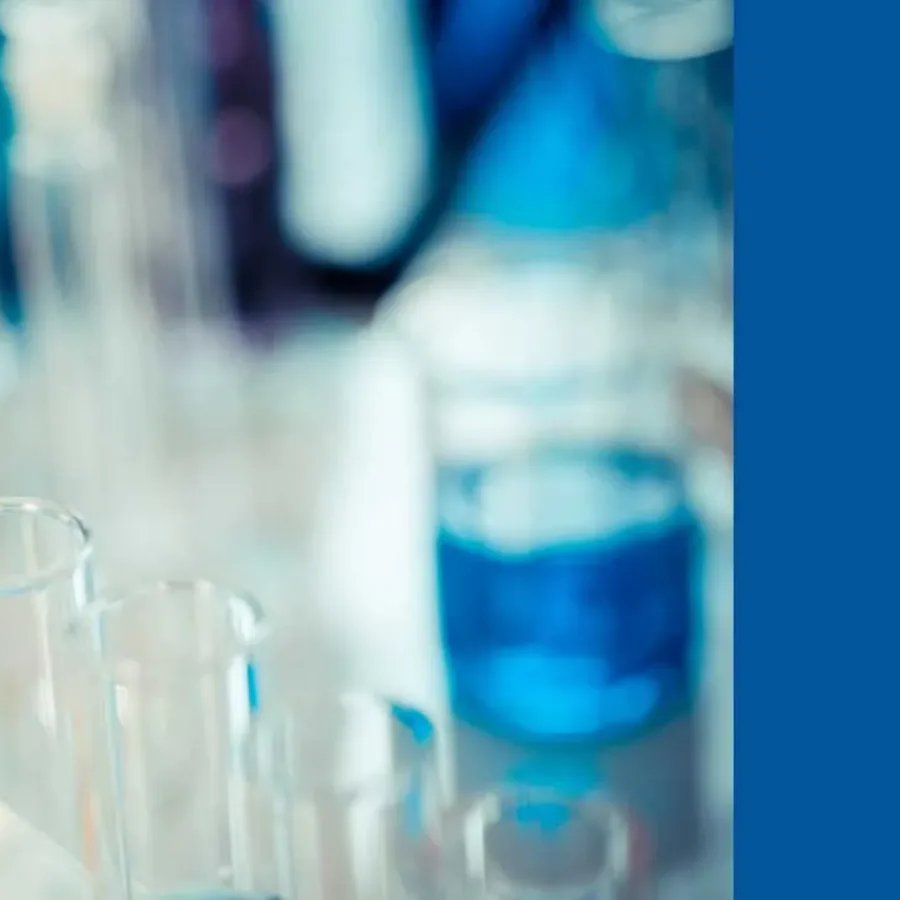 webinars
webinars
Webinar Description: Biomarkers are a critical aspect of bioanalytical testing, as they provide a vast amount of information, from the effects of a drug on the subject to determining the drug’s mechanism of action and the correct dose for a patient. When developing a biomarker, it is important to understand…
 Podcasts
Podcasts
After such a great response to our recent episode on the topic, our hosts, Dom and John, revisit the topic of GLP-1 Analogue development and the role bioanalysis plays in this relatively new and popular topic. In the words of John, “Everyone else is talking about this; why shouldn’t we?”…
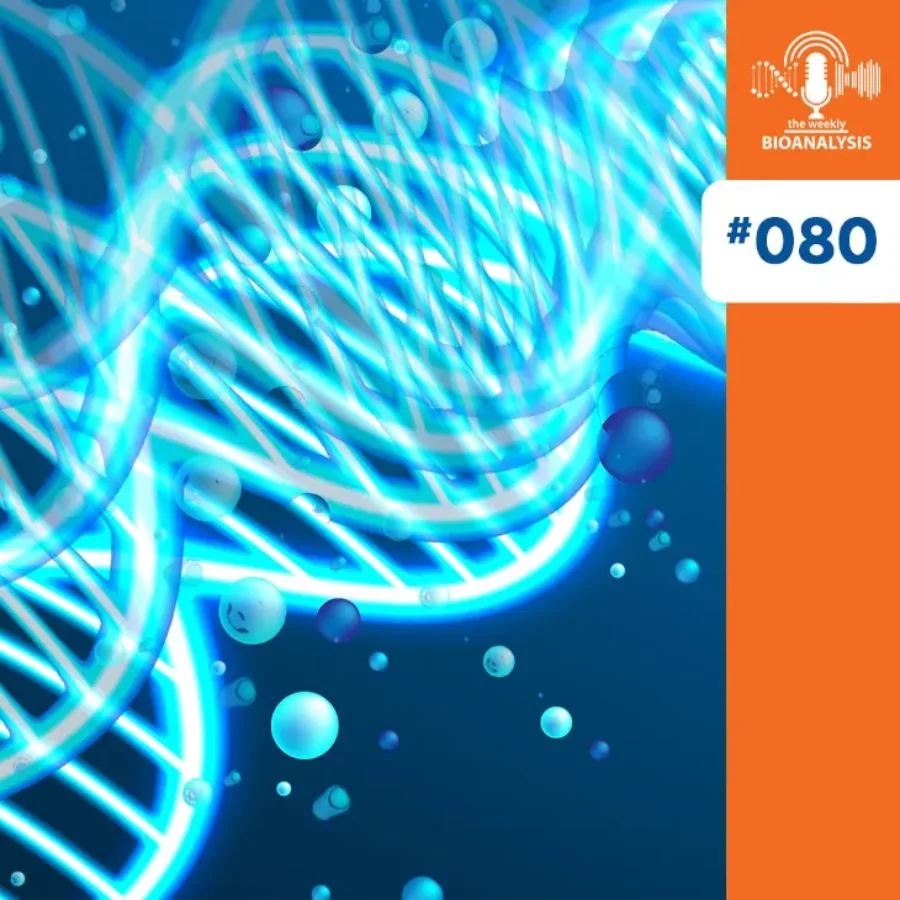 Podcasts
Podcasts
Our hosts, Dom and John, are excited to welcome special guest, Carrie Vyhlidal, to discuss the topic of the 80th episode of “The Weekly Bioanalysis” podcast – The Rapid Evolution of PCR Assays. PCR (or Polymerase Chain Reaction) is like a copying machine for DNA. Scientists have found ways to…
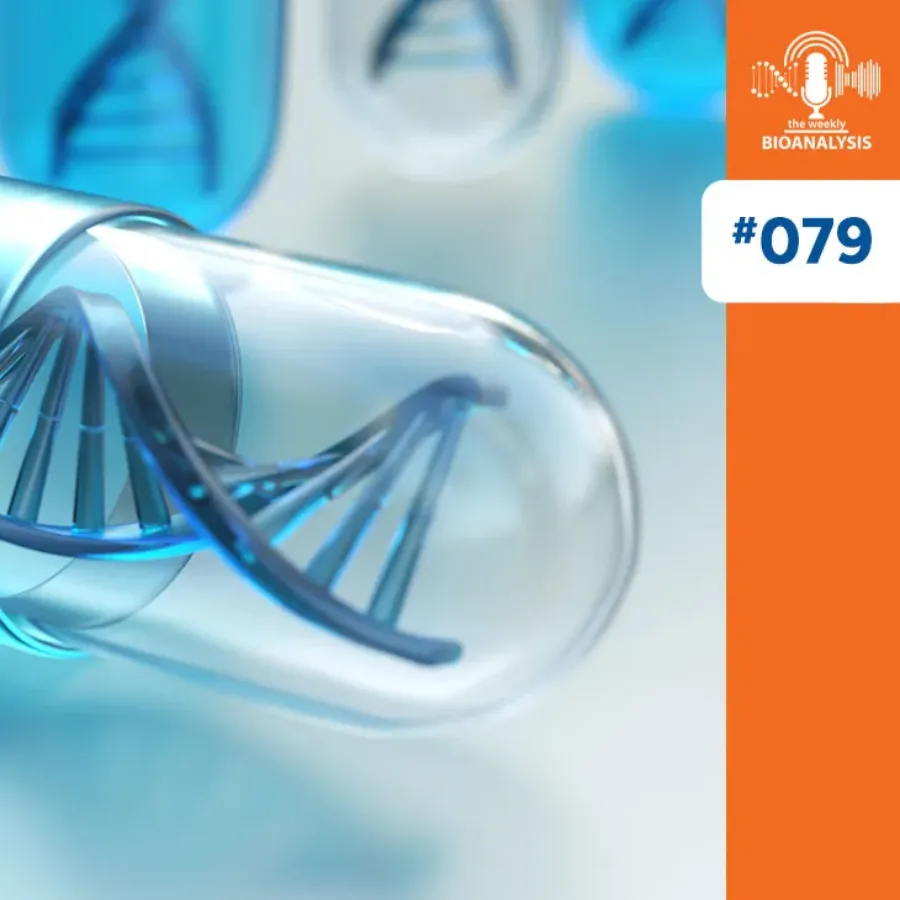 Podcasts
Podcasts
The most recent episode of “The Weekly Bioanalysis” podcast is all about genes! The topic was originally inspired by an article entitled “The Coming of Age of One-and-Done Therapies” which jumped out to both of our hosts, Dom and John, and had been on the back burner for a while…
 Podcasts
Podcasts
Dom has been globe-trotting lately, and he has come back to report in on his adventures with John, as they discuss our global services here at KCAS Bio. They talk about the updates and the latest news from Lyon and the rollout of our collaboration with Crux Laboratories in Melbourne.
 Blogs
Blogs
Charcot, Gehrig, Hawking: A Journey Through ALS When you hear the names Charcot, Gehrig, and Hawking, what comes to mind? These names are all linked by a shared thread: Amyotrophic Lateral Sclerosis, or ALS. ALS, also known as Charcot disease, is named after Jean-Martin Charcot, a neurologist from the Pitié-Salpêtrière…
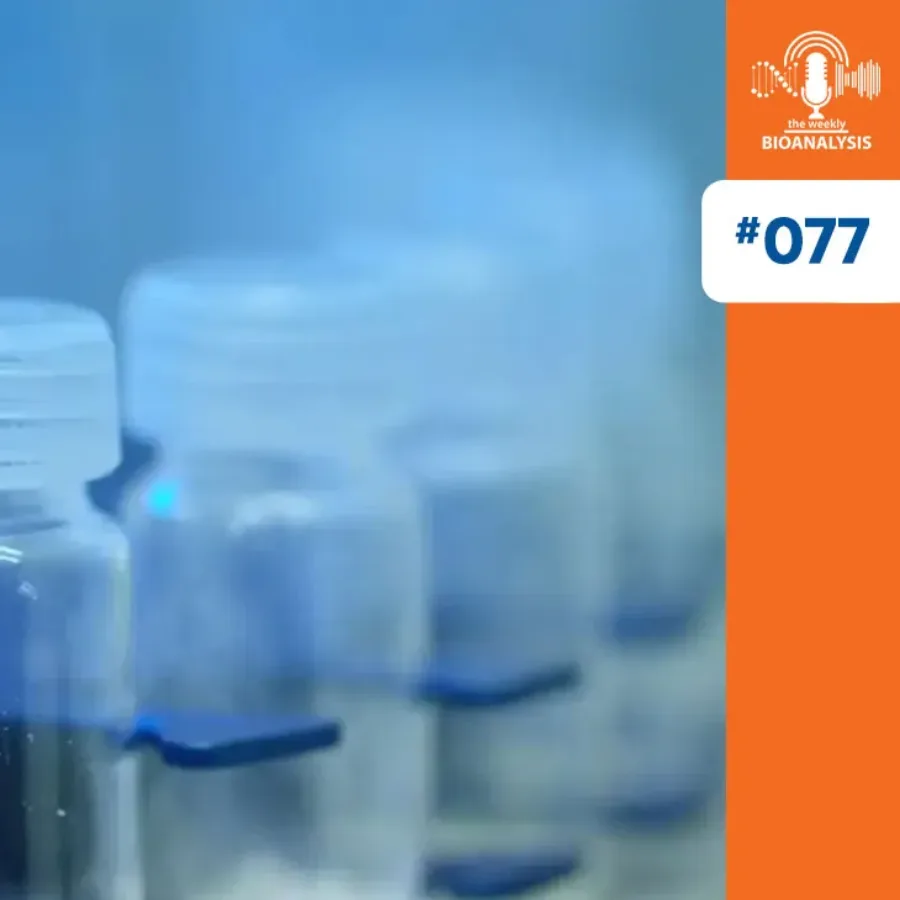 Podcasts
Podcasts
Dom and John welcome special guests, Habibi Goudarzi and Rochelle Burke to episode #77 of “The Weekly Bioanalysis”, where they discuss the progression of bioanalytical needs for non-GLP Studies, from Early PK to readiness for GLP Tox Studies. These specialists from the KCAS Bio team begin with an introduction to…
 Podcasts
Podcasts
For episode #76 of “The Weekly Bioanalysis”, Dom and John talk about the popular topic of GLP-1 Analogues – these series of recent blockbuster drugs with multiple applications, as well as some of their bioanalytical challenges. First, the guys go over a little bit of the mechanism of action of…
 Videos
Videos
Take a peek inside KCAS Bio – Lyon. Our Strengths The KCAS Bio – Lyon team dives into the strengths of our organization as a bioanalytical CRO, and how we align these strengths to meet the challenging requirements our sponsors are seeking. ———- Our Customer Service The team from…
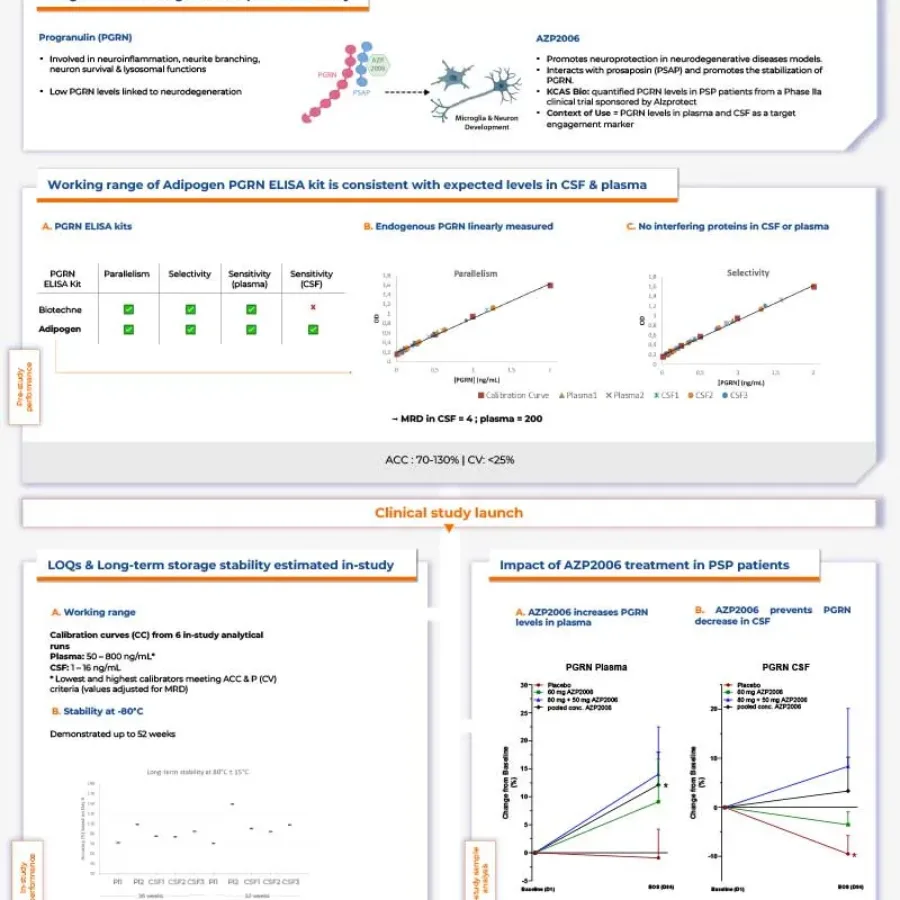 Posters & Papers
Posters & Papers
Please download this poster, “Performance of a method for quantifying progranulin as a target engagement biomarker for azp2006 in progressive supranuclear palsy.”
 Blogs
Blogs
In the scientific field, the often neglected fifth sense, the sense of smell, contributes to broadening our understanding of various phenomena, particularly in the field of biomarkers.Here, we will guide you along our lines of thought on the importance of our olfactory sense, and how it contributes to scientific exploration…